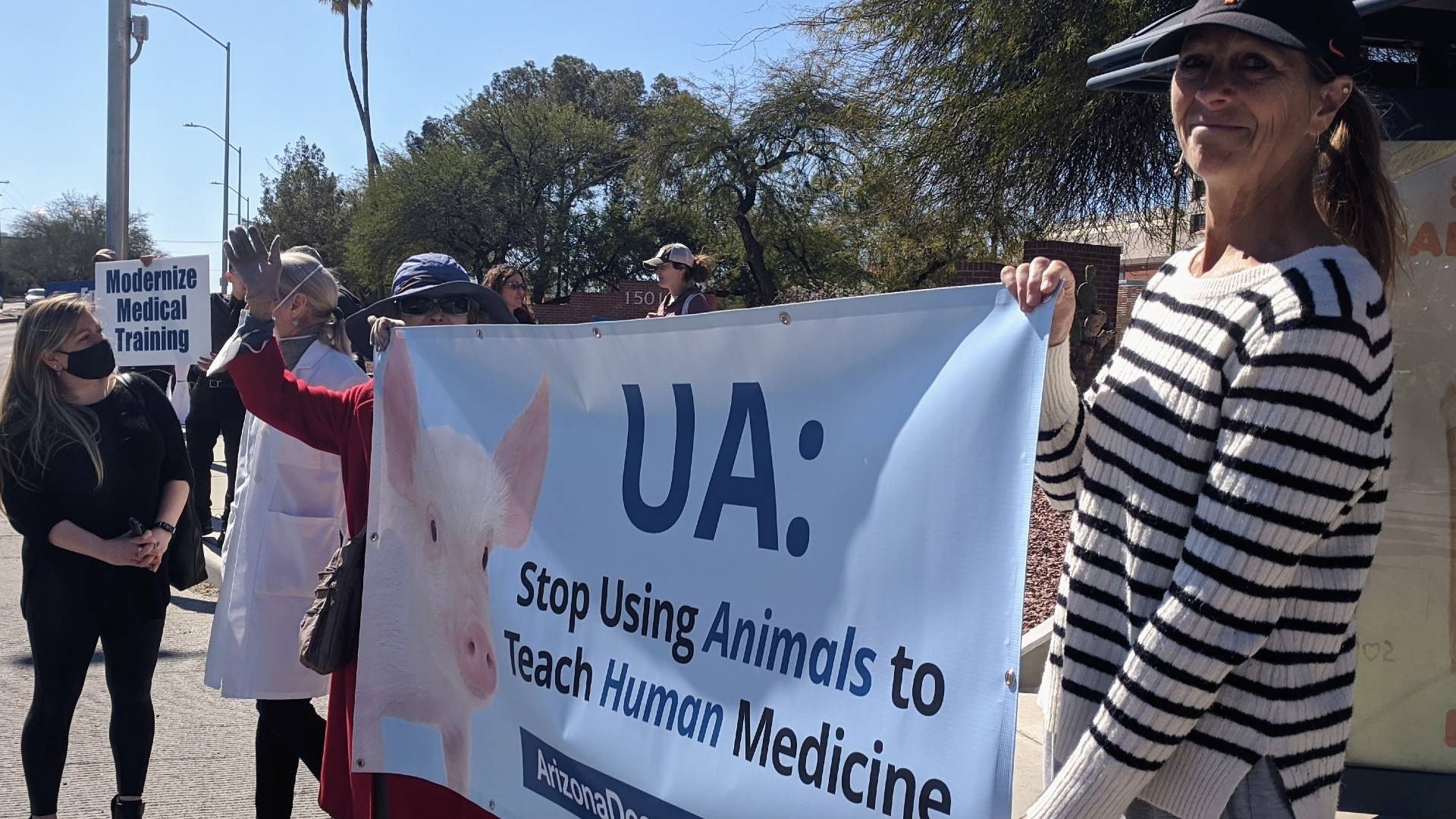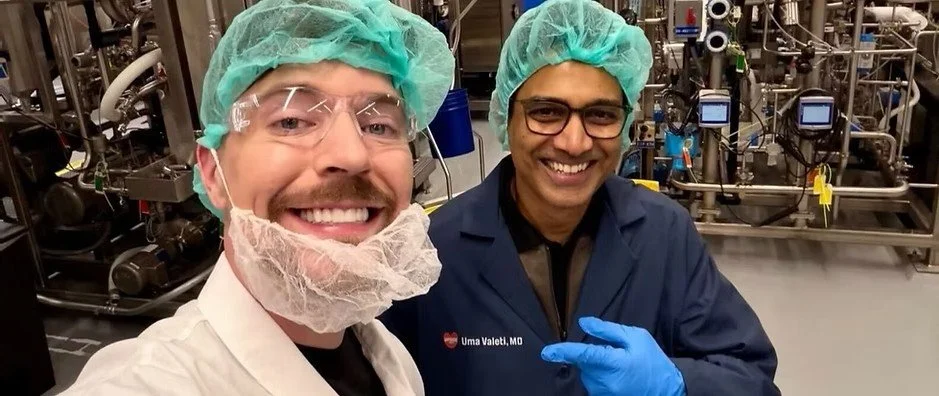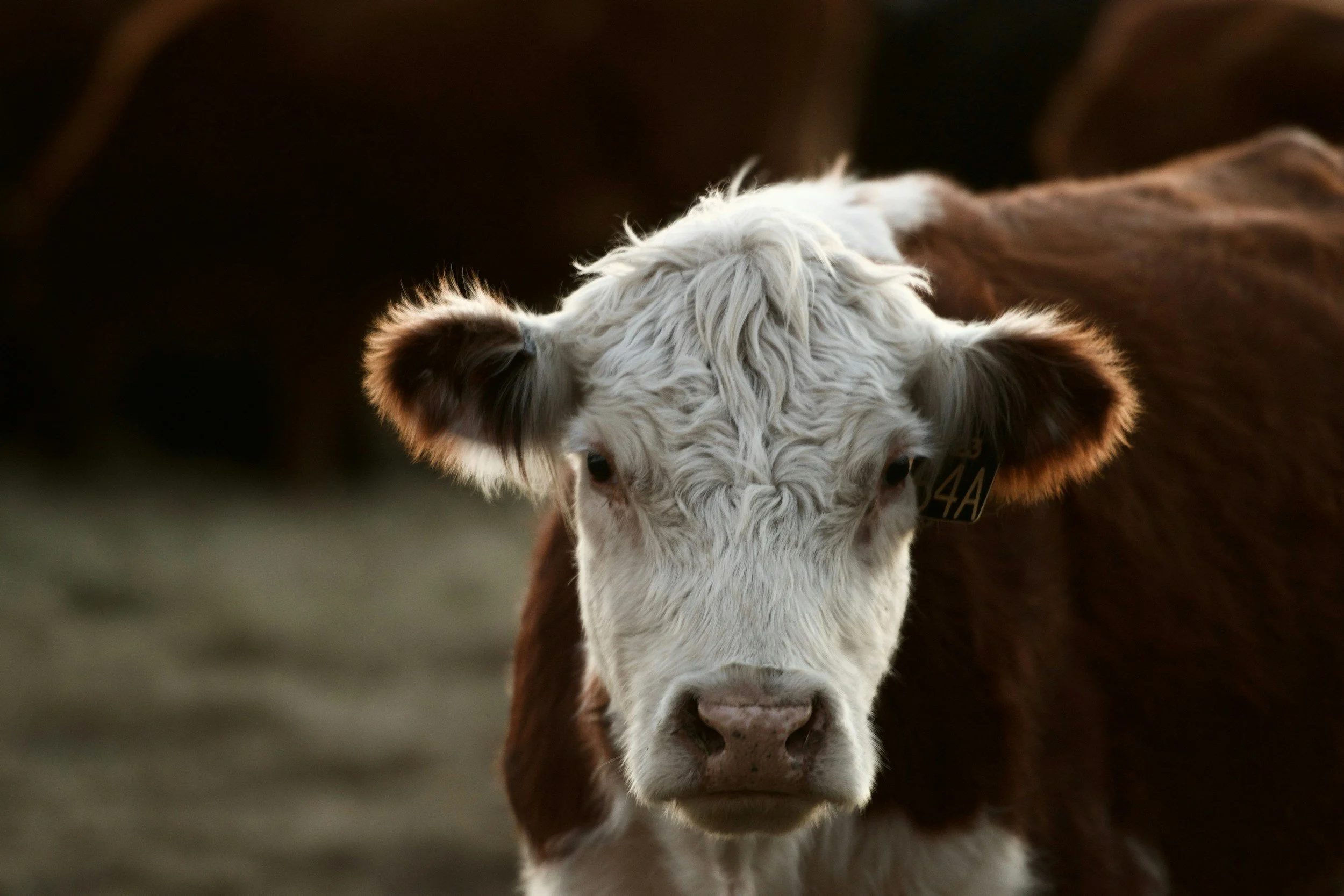Progress! University of Arizona to replace the use of live animals in surgery training
Following years of advocacy and public pressure, the university’s surgery training program has announced it will no longer cut into live pigs and will use modern, human-relevant methods instead.
The University of Arizona has replaced live animals in its surgery training program, in a move that is being applauded by a leading medical ethics group.
The Physicians Committee for Responsible Medicine (PCRM), a nonprofit which counts more than 17,000 doctors as members, had first urged the University of Arizona College of Medicine - Tucson (UA Tucson) to drop its use of live animals back in 2020.
The group’s request was aimed at the faculty’s training program, in which general surgery residents were instructed to cut into live pigs as part of their learning. Trainees typically practised techniques, including making incisions into an animal’s abdomen, removing or performing procedures on internal organs, and inserting surgical tools and lighted cameras.
In such training sessions, any surviving animals are killed following the surgery.
While the use of live animals has been condemned on animal welfare grounds, the practise has also been criticized on medical grounds too. The PCRM says that modern, non-animal training methods are educationally superior to live animal training. The group points out that pigs have considerable anatomical differences, including smaller torsos and thicker skin, and that trainees that learn procedures on pigs must later relearn them on human patients.
Now, UA Tucson has confirmed that it has replaced animals in its surgery training program, meaning general surgery residents will no longer cut into live pigs as part of their training.
Instead, the faculty will teach using methods that replicate human anatomy like medical simulators and cadavers.
Campaigners at a campus demonstration. Credit: The Physicians Committee for Responsible Medicine (PCRM)
"This is a victory for the animals and the residents, who will now receive 21st century medical training," said John Pippin, MD, FACC, director of academic affairs at the Physicians Committee. "We applaud the university for making the humane and educationally correct choice."
The campaign’s success follows several years of advocacy, which included physician-led campus demonstrations and more than 47,000 emails to the university's leaders from people across the country. A local organization, Better Piggies Rescue, also supported the campaign and offered to provide sanctuary to any animals released by the university.
Live animal training at US universities
The University of Arizona’s decision brings it in line with many other medical centres across the U.S. and Canada which have already replaced animals in surgery programs or never used animals in the first place.
According to the PCRM, 78 percent of surveyed general surgery programs (223 of 285) in the U.S. and Canada use only non animal methods, including Stanford University, Yale University, and the Mayo Clinic.
Advocates for non-animal testing will now turn their attention to the remaining institutions that have yet to replace live animals in their surgery training.
Just this week, a doctor-led demonstration took place at the Medical College of Wisconsin, calling on the institution to modernize its curriculum and stop using live pigs in its surgery programs.
Medical and health programs that test on animals are increasingly being seen as not only cruel, but outdated and wasteful too. Earlier this month, the U.S. Food and Drug Administration (FDA) announced what it called a “groundbreaking” plan to favor modern technology and research methods to help phase out animal testing for biologics and drugs.
We Have A Favor To Ask…
Species Unite amplifies well-researched solutions to some of the most abusive animal industries operating today.
At this crucial moment, with worldwide momentum for change building, it’s vital we share these animal-free solutions with the world - and we need your help.
We’re a nonprofit, and so to keep sharing these solutions, we’re relying on you - with your support, we can continue our essential work in growing a powerful community of animal advocates this year.






